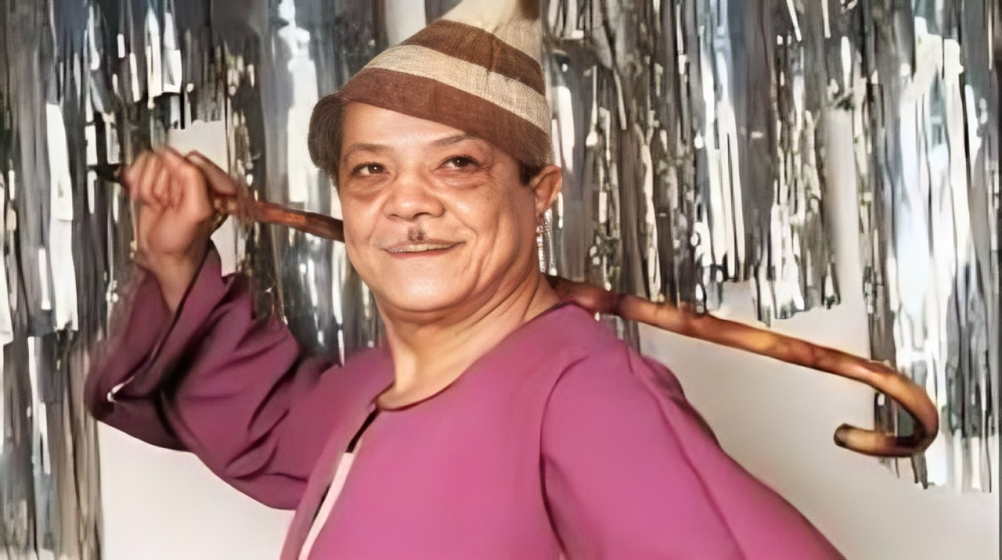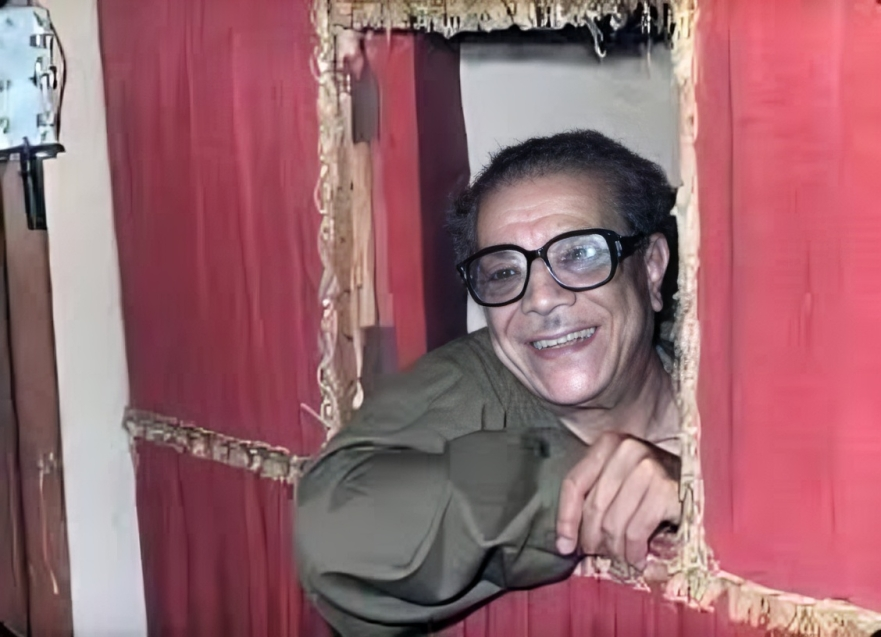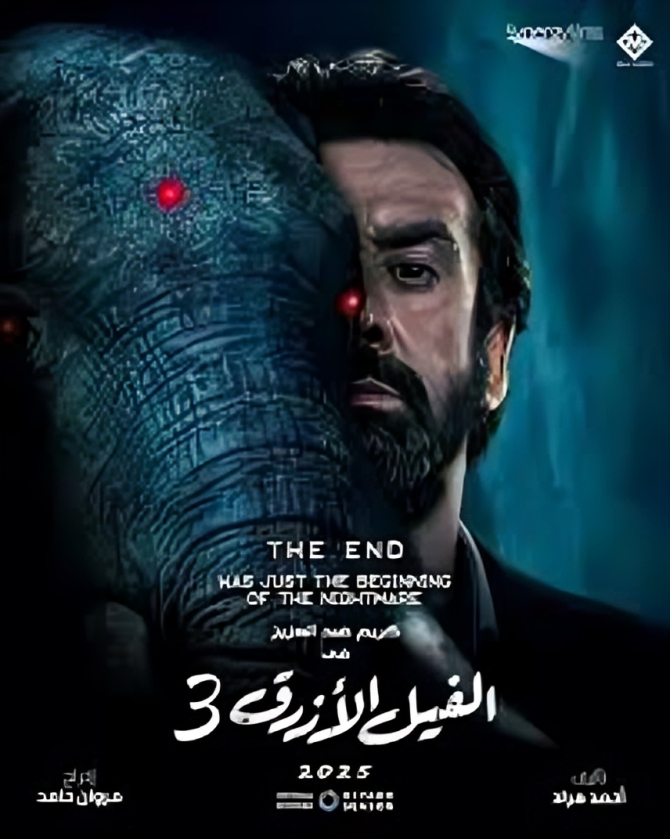Today marks the birthday anniversary of Mahmoud Shokoko, one of the foremost pioneers of monologue art in Egypt. Through his spontaneous performance style and distinctive voice, Shokoko carved a special place in the hearts of audiences. Despite having no formal education, Shokoko was born on May 1, 1912, in the El-Darb El-Ahmar district of Cairo. He started his life as a carpenter alongside his father before the doors of the entertainment world opened wide for him.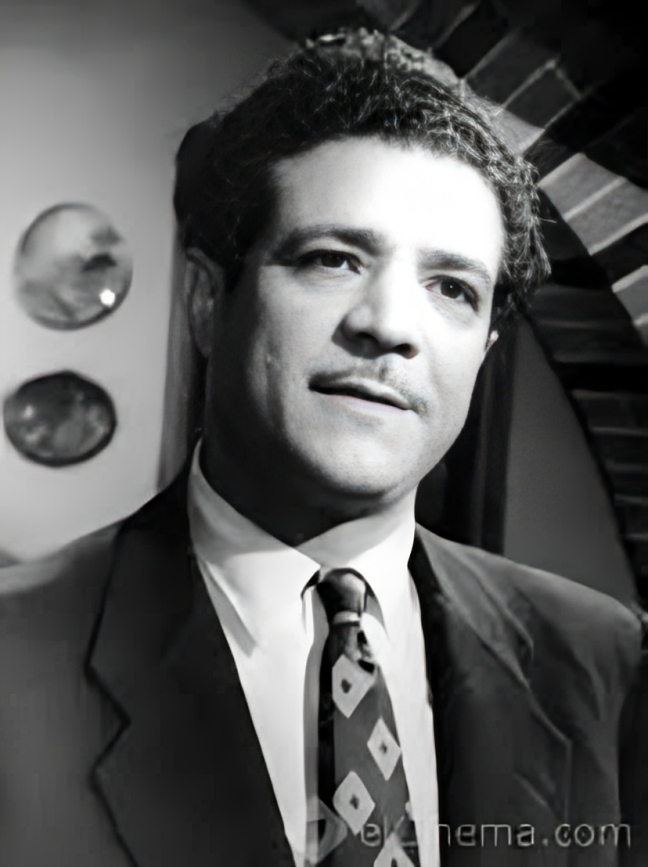
Shokoko was a natural-born artist. Despite his humble beginnings, his talent in singing and stage presence emerged early. He would perform at local weddings and events without payment, simply content with the joy his art brought to people. In a rare interview with actor Samir Sabry, he shared that the first wage he ever earned in his artistic career was just two piasters, which he received after singing at a religious festival—despite already being a skilled carpenter at the time.
The turning point in Shokoko’s career came when the then-director of Egyptian Radio, Mohamed Fathy, noticed him performing at a private birthday party. That moment led to his professional debut. Although his start wasn’t easy, Shokoko's innate talent and natural inclination to make people laugh helped him gain a large fan base and become a symbol of joy.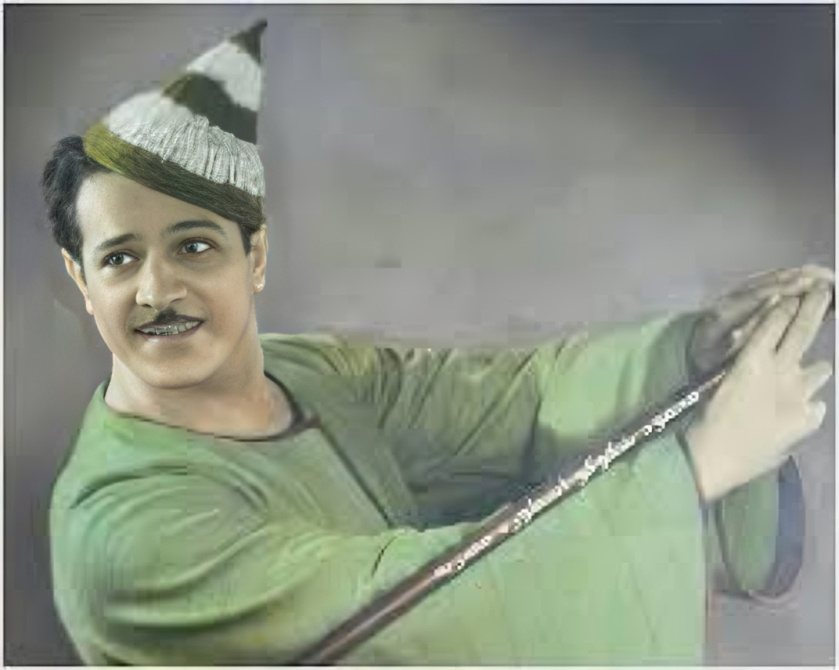
He began his theatrical career with Ali El-Kassar’s troupe, performing in plays and monologues that were well received by the public. Later, he formed his own musical revue team, which included renowned names like Thuraya Helmy and Souad Makkawy. His art resonated with ordinary people—using simple language and reflecting everyday life—which contributed to his widespread popularity at a time long before modern communication platforms.
In cinema, director Niazi Mostafa gave him his first film role in Hassan wa Hassan, which paved the way for many more. He went on to star in several well-known films that are still broadcast today, including Mohamed Ali Street, Al Usta Hassan, Al Anbar, Eid Night, Samson and Loblob, and My Love’s Window. Shokoko wasn’t just a comedic actor; he had a unique style that combined down-to-earth charm with popular charisma.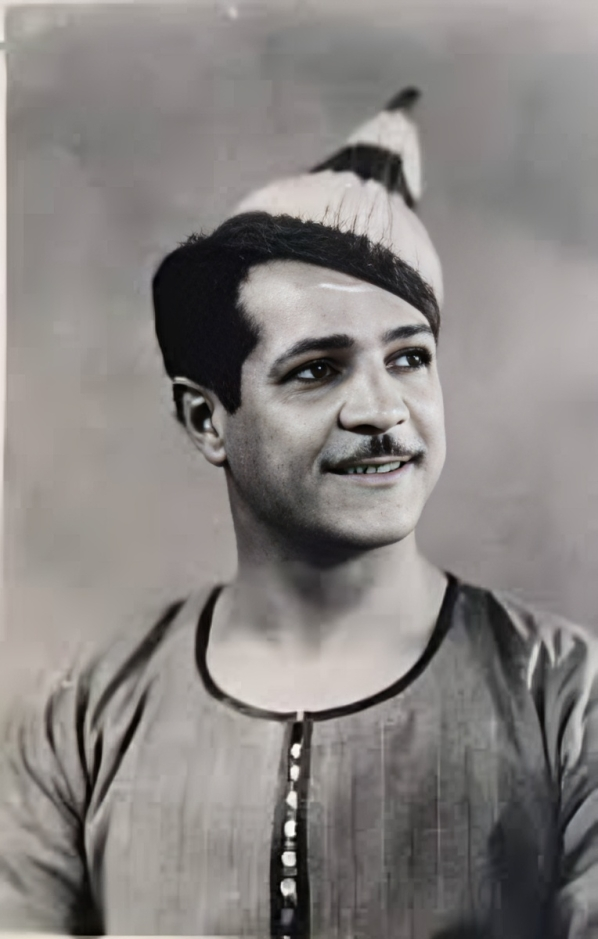
Shokoko was also known for his distinctive costume, which became a hallmark of his stage persona. He was the first to create wooden puppets (aragouz) modeled after himself, which were sold in markets and became part of Egyptian folk heritage.
Despite his cinema success, Shokoko never abandoned monologue art. He continued producing humorous musical pieces that reflected the Egyptian street, blending social critique with a satirical smile. His works stood out for their wit and simplicity, tackling daily issues without complexity.
Mahmoud Shokoko passed away in 1985 at the age of 73, after a long and rich artistic journey that enriched Egyptian culture and touched millions. Even decades after his death, his name remains vivid in the minds of those who lived during his time and the younger generations who later discovered his legacy.
Shokoko wasn’t merely a monologue performer—he was a comprehensive artistic phenomenon, a popular voice who spoke for and to the people. His voice still echoes in our memories whenever we hear an old-school Egyptian monologue with the spirit of the golden era.